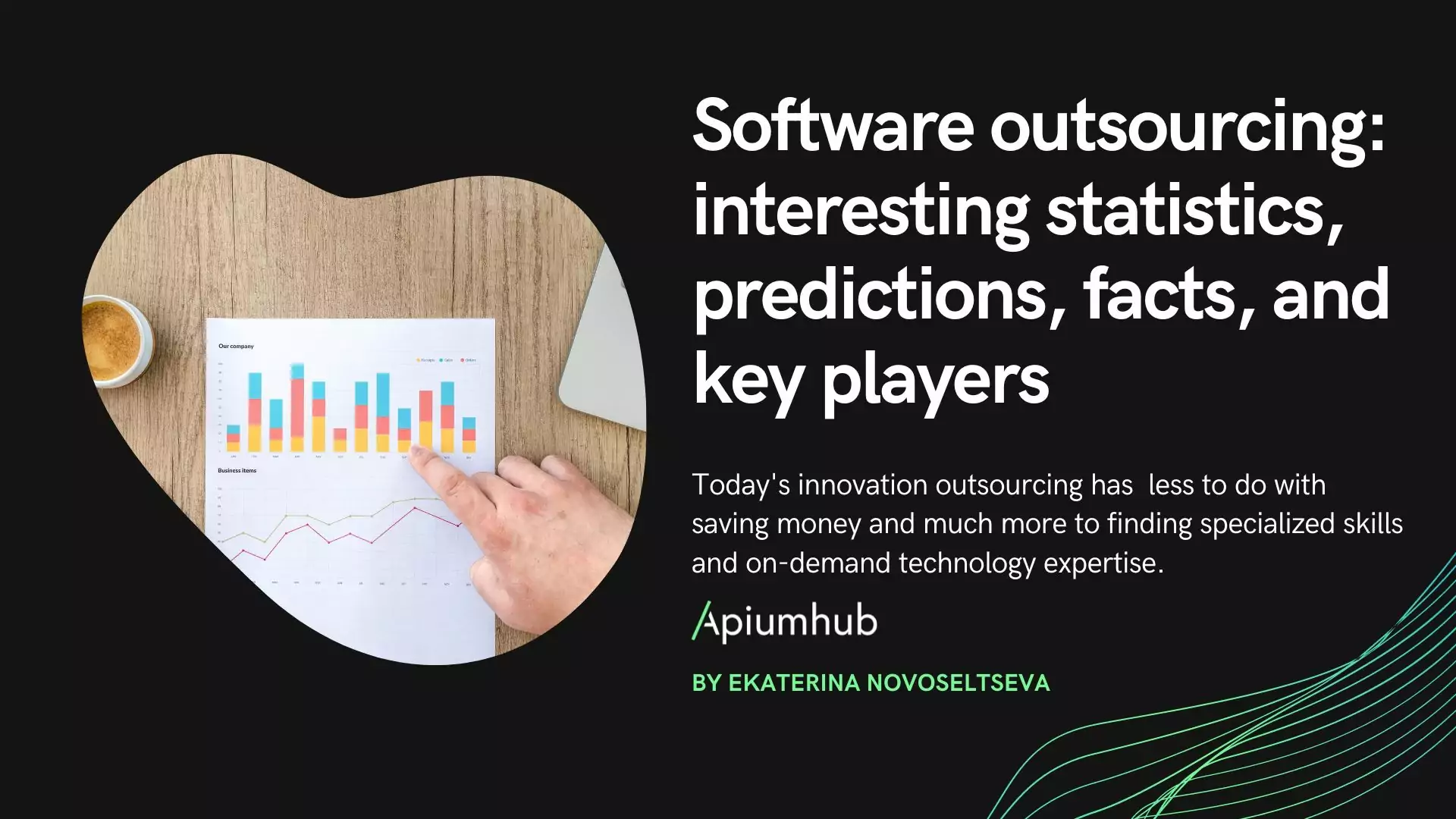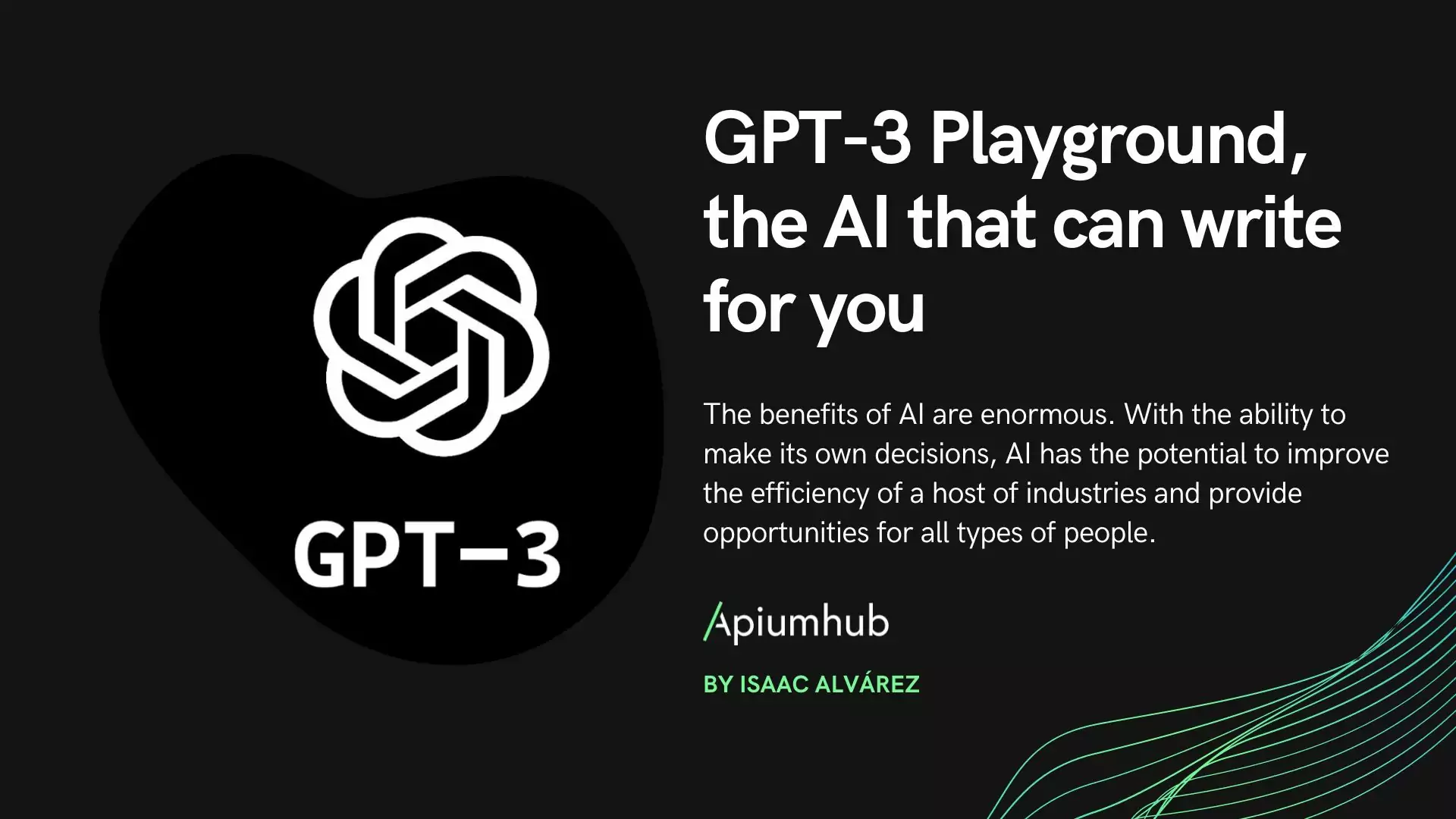Table of Contents
With the rapid advancement in technologies, companies are now in search of a better way to ensure that organizational data and information are kept safe and organized. One way through which businesses are doing this is through the use of Data Lakes to create a centralized place management infrastructure that allows every organization to manage, store, analyze and classify data.
The concept of Data lake architecture has recently become a hot topic. These days, businesses use data to define their internal business objectives and metrics. Data Lakes offer agile analytics to measure you are continually evolving business. Data lakes really became the cornerstones of modern big data architecture
What is Data Lake?
A data lake is a centralized repository that allows you to store all of your structured and unstructured data at any scale. It holds a large amount of raw data in its native form until businesses identify its use. The foundation of a data lake is a storage system that can accommodate all of the data across an organization, from supplier quality information, to customer transactions, to real time product performance data. A Data Lake provides the flexibility needed to store raw data and a common pool to combine multiple points and shape the data to provide useful insights that can be customized to meet the customers’ needs and requirements.
Data Lake Characteristics
- Fidelity
A data lake stores data as it is in a business system. A data lake stores raw data, whose format, schema, and content cannot be modified. It stores your business data as-is. The stored data can include data of any format and of any type. - Flexibility
A data lake adopts schema-on-read. IT is more suitable for innovative enterprises and enterprises with rapid business changes and growth. - Manageability
A data lake provides comprehensive data management capabilities. A data lake stores at least two types of data: raw data and processed data. The stored data constantly accumulates and evolves. This requires robust data management capabilities, which cover data sources, data connections, data formats, and data schemas. A data schema includes a database and related tables, columns, and rows. A data lake provides centralized storage for the data of an enterprise or organization. This requires permission management capabilities. - Traceability
A data lake stores the full data of an organization and manages the stored data throughout its lifecycle, from data definition, access, and storage to processing, analytics, and application. A robust data lake fully reproduces the data production process and data flow, ensuring that each data record is traceable through the processes of access, storage, processing, and consumption. - Rich Computing Engines
Data lake architecture supports a diversity of computing engines, including batch processing, stream computing, interactive analytics, and machine learning engines. Batch processing engines are used for data loading, conversion, and processing. Stream computing engines are uses for real-time computing. Interactive analytics engines are used for exploratory analytics. The combination of big data and artificial intelligence (AI) gave birth to a variety of machine learning and deep learning algorithms. - Security
Authentication, Accounting, Authorization and Data Protection are some important features of data lake security
Data Lake Architecture benefits
1.Data lake architecture offers unrivaled access to a huge but navigable sum of data
2.Data Lake stores all forms of data
3.Data stored in a Data Lake are accessible to all which gives it an advantage for sharing across the enterprise
4. Data Lakes allow you to import any amount of data that can come in real-time. Data is collected from multiple sources, and moved into the data lake in its original format. This process allows you to scale to data of any size, while saving time of defining data structures, schema, and transformations.
5. Data lake architecture allow organizations to generate different types of insights including reporting on historical data, and doing machine learning where models are built to forecast likely outcomes, and suggest a range of prescribed actions to achieve the optimal result. For example, a data lake can help your R&D teams test their hypothesis, refine assumptions, and assess results—such as choosing the right materials in your product design resulting in faster performance, doing genomic research leading to more effective medication, or understanding the willingness of customers to pay for different attributes.
6. Data lakes take advantage of large quantities of consistent data and deep learning algorithms to arrive at real-time decision analytics.
7. With this versatile architecture, organizations can have seamless, high-performance analytics and governance
8. Helps organizations maintain workload isolation
Modern Data Lake Architecture tips
- Identify and define the organization’s data goal
- Data profiling & Data cataloging
- Data backup and archives
- Use event sourcing to ensure data traceability and consistency
- Layer your data lake according to your user’s skills
- Keep your architecture open
- Performance focus
- Develop data governance, privacy, and security
- Metadata management
- Leverage Automation
- Integrate DevOps
I hope you find this article useful! If you have any questions or you need help with your data project, let us know, we are experts in data science.
Author
-
Ekaterina Novoseltseva is an experienced CMO and Board Director. Professor in prestigious Business Schools in Barcelona. Teaching about digital business design. Right now Ekaterina is a CMO at Apiumhub - software development hub based in Barcelona and organiser of Global Software Architecture Summit. Ekaterina is proud of having done software projects for companies like Tous, Inditex, Mango, Etnia, Adidas and many others. Ekaterina was taking active part in the Apiumhub office opening in Paseo de Gracia and in helping companies like Bitpanda open their tech hubs in Barcelona.
View all posts









